Piclin
Piclin is a laxative used to treat constipation induced by piles, anal fissures, hernias, cardiovascular problems, endoscopy, bowel clearance prior to radioscopy, pre/post-operative conditions, elderly patients, and bedridden patients. Constipation is characterized by dry, uncomfortable, and difficult bowel movements that occur infrequently.
Piclin is composed of ‘Sodium picosulphate,’ which prevents water from being absorbed in the colon/intestine, thereby fostering propulsive activity, which encourages water accumulation and facilitates feces passage. Constipation is therefore relieved.
You can consume Piclin with or without food. Use the enclosed measuring cup to administer the prescribed dose or quantity orally; shake the vial well before each use. Depending on the severity of your medical condition, you should take Piclin for as long as your doctor directs. In certain instances, you may experience prevalent side effects such as diarrhea, stomach pain, soreness, or cramping. The majority of these side effects do not require medical intervention and will subside over time. However, if you experience these side effects frequently, you should consult your physician.
Continue taking Piclin for as long as prescribed by your doctor to effectively treat your condition. When taking Piclin, consume plenty of fluids (at least 6 to 8 glasses) to prevent dehydration. If you take Piclin for more than a week, you run the risk of becoming dependent on it to have bowel movements. Consult a physician if you observe any changes in bowel habits that last longer than two weeks. Before using Piclin if you are expectant or breastfeeding, consult your doctor. Piclin should not be administered to minors as its safety and effectiveness have not been established.
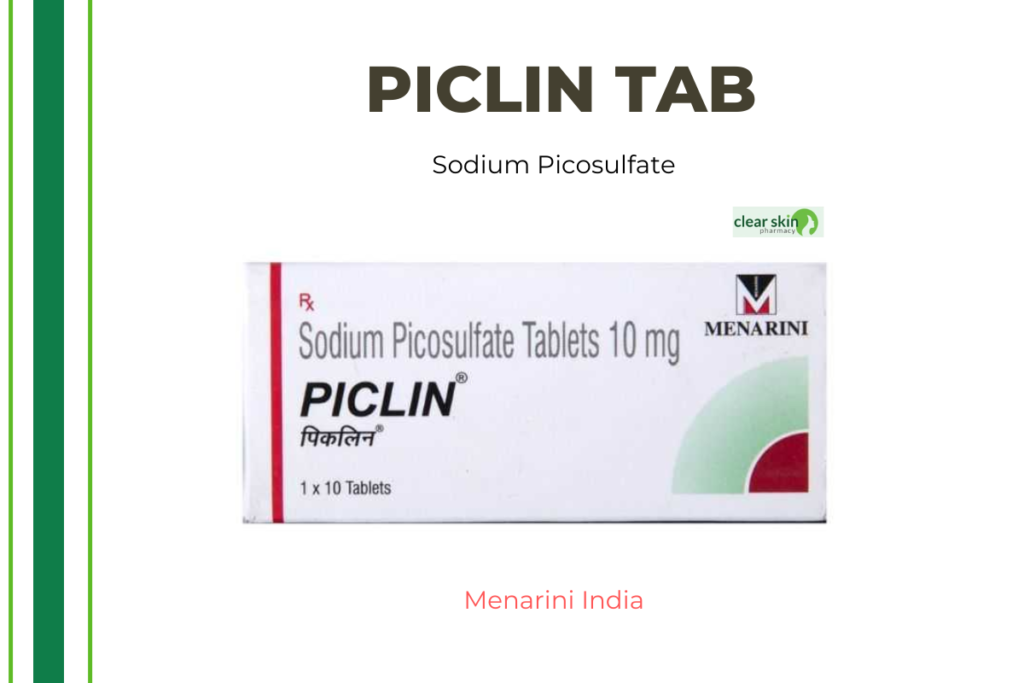
Medicinal Advantages
Piclin is a laxative used to treat constipation induced by piles, anal fissures, hernias, cardiovascular problems, endoscopy, bowel clearance prior to radioscopy, pre/post-operative conditions, elderly patients, and bedridden patients. Piclin is composed of sodium picosulphate, a stimulant laxative that inhibits water absorption in the colonic lumen and increases the colon’s propulsive activity, resulting in water retention.
Utilize Directions
You can consume Piclin with or without food. By mouth, consume the prescribed dose/quantity of Piclin using the enclosed measuring cup; shake the bottle well before each use. Your physician will determine the Piclin dosage and duration based on your medical condition.
Place in a cold, dry area out of direct sunlight.
The negative effects of Piclin
Piclin, like many other medications, may have adverse effects, although not everyone will experience them. Diarrhea, stomach discomfort, pain, or spasms are the most common adverse effects of Piclin. The majority of adverse effects of Piclin do not require medical treatment and diminish over time. However, if you experience these side effects frequently, you should consult your physician.
Recommendations for Drugs
Do not use Sodium Picosulfate if you are allergic to any of the ingredients or if you have/had urgent abdominal surgery, intestinal obstruction, or unexplained stomach distress. While ingesting Sodium Picosulfate, consume large quantities of water (at least 6-8 glasses). If you take Sodium Picosulfate for longer than a week, you may become dependent on it for gastrointestinal movements. Consult a physician if you observe any changes in bowel habits that last longer than two weeks. Consult your doctor prior to taking Sodium Picosulfate if you are pregnant or breastfeeding. Because its safety and efficacy have not been established, sodium picosulfate should not be administered to children.
Interactions Among Medications
Sodium Picosulfate may have interactions with antibiotics (tetracycline), diuretics (furosemide), and steroids (prednisolone).
There have been no food-drug interactions discovered or established.
Sodium picosulfate may interact with intestinal obstruction problems, appendicitis, intestinal blockage, and bowel inflammation.
Emergency Suggestions
ALCOHOL
It is unknown whether alcohol and Sodium Picosulfate react. If you have any concerns, please consult a physician.
PREGNANCY
Before using Sodium Picosulfate, pregnant women should consult their doctor; Sodium Picosulfate will be prescribed if the advantages outweigh the risks.
BREAST FEEDING
Before taking Sodium Picosulfate while breastfeeding, consult your physician. Your physician will determine if you are able to take Sodium Picosulfate while breastfeeding.
DRIVING
Sodium Picosulfate has minimal effects on driving ability.
LIVER
Consult a physician prior to using Sodium Picosulfate if you have liver injury or disease.
KIDNEY
Before using Sodium Picosulfate if you have kidney disease or impairment, consult your doctor.
No habits formed
Diet and Lifestyle Advice
Make an effort to consume a diet that is well-balanced and rich in fresh fruits and vegetables.
Consume a lot of water and other fluids to remain hydrated.
Maintain a wholesome lifestyle by regularly engaging in physical activity.
Make sure you get enough slumber.
Make an effort to defecate whenever your body instructs you to.
Whole-wheat bread, oats, flaxseed, almonds, legumes, lentils, berries, apples, oranges, bananas, pears, and figs are examples of fiber-rich foods, as are the aforementioned fruits and vegetables (broccoli, spinach, sweet potatoes, avocados).
Recommendations
Increase your fiber intake and, most importantly, never disregard the urge to urinate to prevent constipation.
Additional Information: This item cannot be returned.
Diseases and Conditions Glossary
The condition of having infrequent bowel movements is known as constipation. Frequent gastrointestinal symptoms include dry, uncomfortable, and difficult-to-pass feces. A person is constipated when they have fewer than three gastrointestinal movements per week. On the other hand, bowel habits can vary from person to person. Symptoms include bloating, abdominal pain, and the sensation of an incomplete bowel movement. Constipation occurs when the normal muscle contractions of the large intestine slow down, resulting in incomplete removal of the colon from the body. Constipation can be caused by a sudden change in diet, a low-fiber diet, insufficient fluid intake, lack of physical activity, loss of stomach muscle tone in the elderly, or prolonged bed rest.
FAQs
Piclin is composed of sodium picosulphate, a stimulant laxative that inhibits water absorption in the colonic lumen and increases the colon’s propulsive activity, resulting in water retention.
If you use Sodium Picosulfate for more than a week, your gastrointestinal movements may become dependent on it. Prolonged administration of Sodium Picosulfate may result in dehydration, an imbalance of body fluids and salts, and intestinal muscular rigidity. After a week of taking Sodium Picosulfate, if you continue to experience irregular bowel movements, consult your doctor.
Sodium picosulfate is ineffective for weight reduction. It has no effect on the absorption of calories or nutrients. Sodium picosulfate-induced dehydration can make you feel as though you are losing weight. To avoid dehydration, consume copious amounts of water.
Consult your doctor before taking Sodium Picosulfate with other medications. Sodium Picosulfate may accelerate gastrointestinal transit, which may influence the absorption of other orally administered medications.
If Sodium Picosulfate is used excessively or for an extended period of time, dehydration may occur. Extreme dehydration is characterized by weakness, tremors, dizziness, and hazy vision. If you experience any of these symptoms, consult your physician immediately. To avoid dehydration, consume copious amounts of water.
If you ingest excessive amounts of Sodium Picosulfate, you may develop diarrhea. If you have diarrhea, ingest copious amounts of water and fiber-rich foods. Consult a physician if you observe blood in your faeces (tarry stools) or if you have excessive diarrhea. Do not administer anti-diarrheal medication to yourself.
Constipation occurs when the normal muscle activities in the large intestine are impeded, causing debris (stools) to be difficult to evacuate the body.

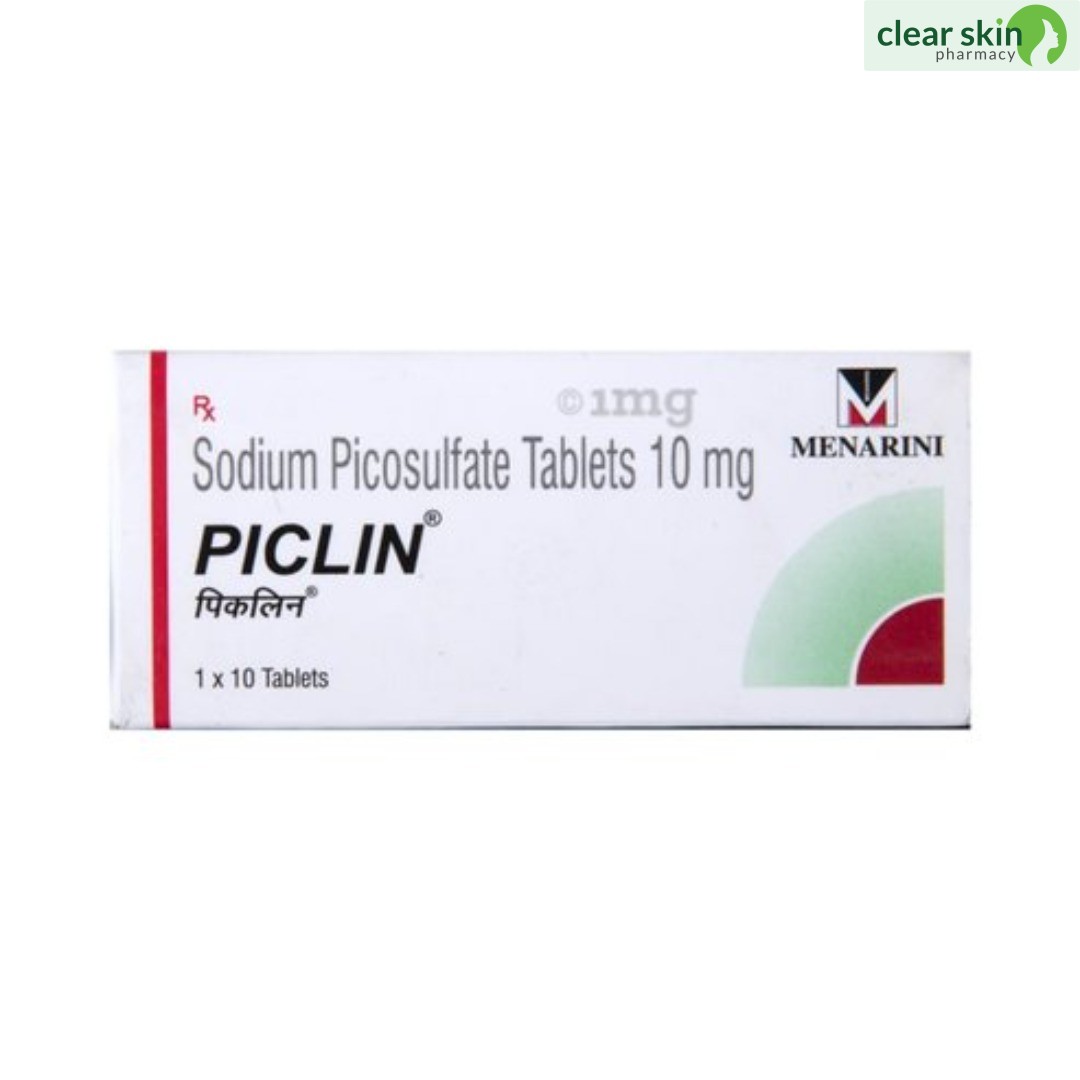
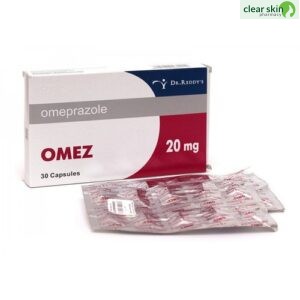
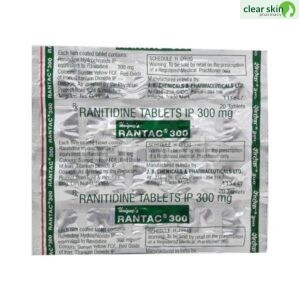
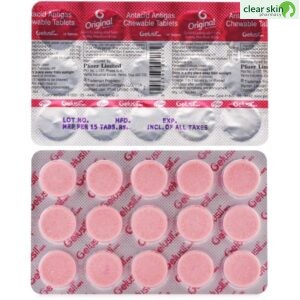

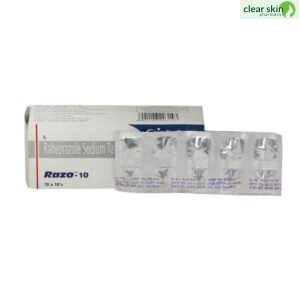
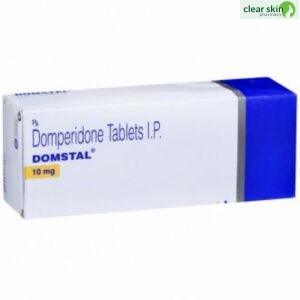
Be the first to review “PICLIN TAB 10 Tablets”